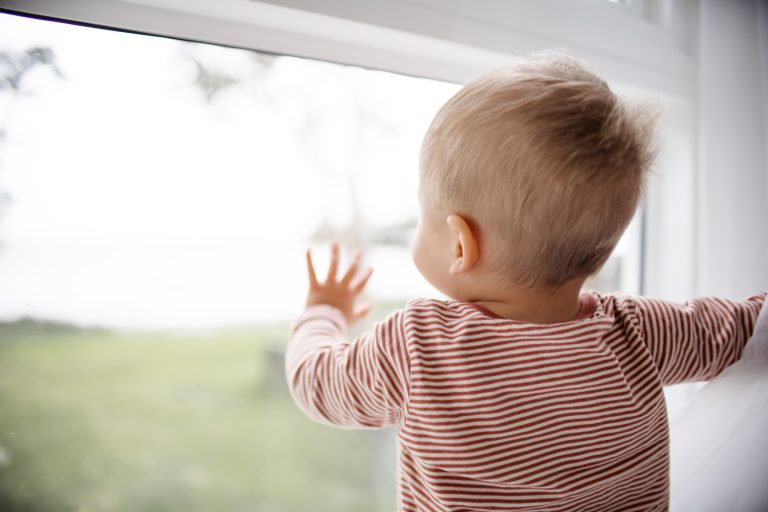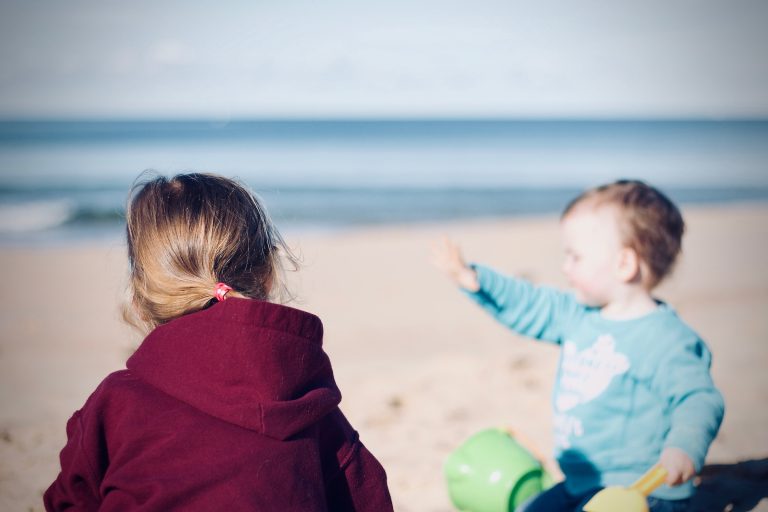Published in The Guardian on 11 October 2020.
If there is a movie that offers an analogy for the federal budget and its place in Australia’s response to Covid, it might be the Wizard of Oz, released the month before the start of the second world war.
Dorothy is whisked away from Kansas by a tornado and ends up in the Land of Oz, where she follows the yellow brick road to the fabled Emerald City. Dorothy meets a Scarecrow, who lacks a brain, a Tin Man without a heart, and a Lion lacking courage.
Six months ago, we described coronavirus as a human crisis beyond our scariest dreams. Like Dorothy, many of us were in disbelief, transported by bushfires and a pandemic to a place that didn’t feel real. In Melbourne it still doesn’t.
This was a moment, we argued, to mobilise the country around a set of missions to deal with Covid and build a stronger society.
We are yet to grasp that opportunity. There have been major achievements, like the CSIRO missions for recovery and resilience, but also retrograde steps.
What happened in aged care lacked a heart. The insistence by some that fossil fuels fire our recovery and that private contractors handle hotel quarantine lacked a brain. Worst of all, Australia risks becoming the cowardly lion – too timid to ensure that our economy and society are fit for the post-Covid world.
We’re not in “Kansas” any more, and nor should we hanker to return, because many Australians weren’t faring well there. Before the Covid tornado struck, unemployment was at 5.3% and 726,000 Australians were out of work. The average time on Newstart was 294 weeks. It took our most disadvantaged jobseekers more than five years to find employment. For a single person, the weekly Newstart allowance (including supplements) was $117 below the poverty line. Close to 1.2 million part-time and casual employees needed more hours than they could get. Back then, a wage subsidy or lift to Newstart seemed a pipe dream. The new normal offered by jobkeeper and jobseeker was a “yes we can” moment.
And where does the Covid brick road lead? Our version of the Emerald City seems to be no more promising than the Kansas we left behind, with unemployment at 5.5% by June 2024, an economy falling short of net zero emmissions by 2050, the cost of learning about the world doubling, and a more unequal society, especially for women.
The Treasurer’s focus on creating jobs is welcome. We hope it helps to build confidence for businesses of all shapes and sizes. Bringing forward tax cuts and measures to accelerate business investment are strong steps, but will be insufficient with a narrower economic base. The Technology Investment Roadmap and Modern Manufacturing Strategy contain encouraging commitments. The focus on young people is to be applauded, although the subsidy seems too low and poorly targeted to the skills of the future, and the $63m investment in local job taskforces is too small. These investments can be turbocharged into regional and community job deals.
Many Australians over 35 will struggle to see their future in this budget, particularly if they are unemployed, female, Indigenous, a carer, or navigating the aged care system. Without more support, the face of Australian unemployment will increasingly be over 35, female and culturally and linguistically diverse. The reluctance to focus on social housing and childcare is surprising and disappointing, given the breadth and depth of dividends that would flow to workers, parents, the economy, families and vulnerable children. We’ve passed that fork in the road but there is still time for a detour, especially now that the opposition has signalled its intent.
The Treasurer was clear about his budget framework. The values guiding his plan were a helping hand, personal responsibility, reward for effort, and the power of aspiration. There are other Australian values that can help frame his next budget (and state budgets) and that speak to our collective heart, intellect and courage.
The Treasurer also spoke about our resilience as a people. If the pandemic and bushfires have taught us anything, though, it’s that our economy, systems and services are fragile. We know that confidence in outsourcing our systems of care and support for older people, children, those with a disability or without a job can be misplaced. This helps to explain why 90% of Australians want government to maintain the capability and skills to deliver social services directly. Under-resourcing education and health, and wilfully ignoring the workforces within these areas of our economy is risky and results in great harm. As does ignoring the reality of climate change, when we could win on climate and the recovery. We can also ensure Australian businesses can thrive in the global marketplace and not face trade risks now firmly on the horizon.
Australia’s recovery from the Covid nightmare requires some of the toughest decisions governments, businesses and communities have had to make in generations. Our road ahead can be brighter, but we need to find our courage. The aspiration of an Australia that courageously addresses our new challenges as we have suggested will be rewarded by shared prosperity for current and future generations.



